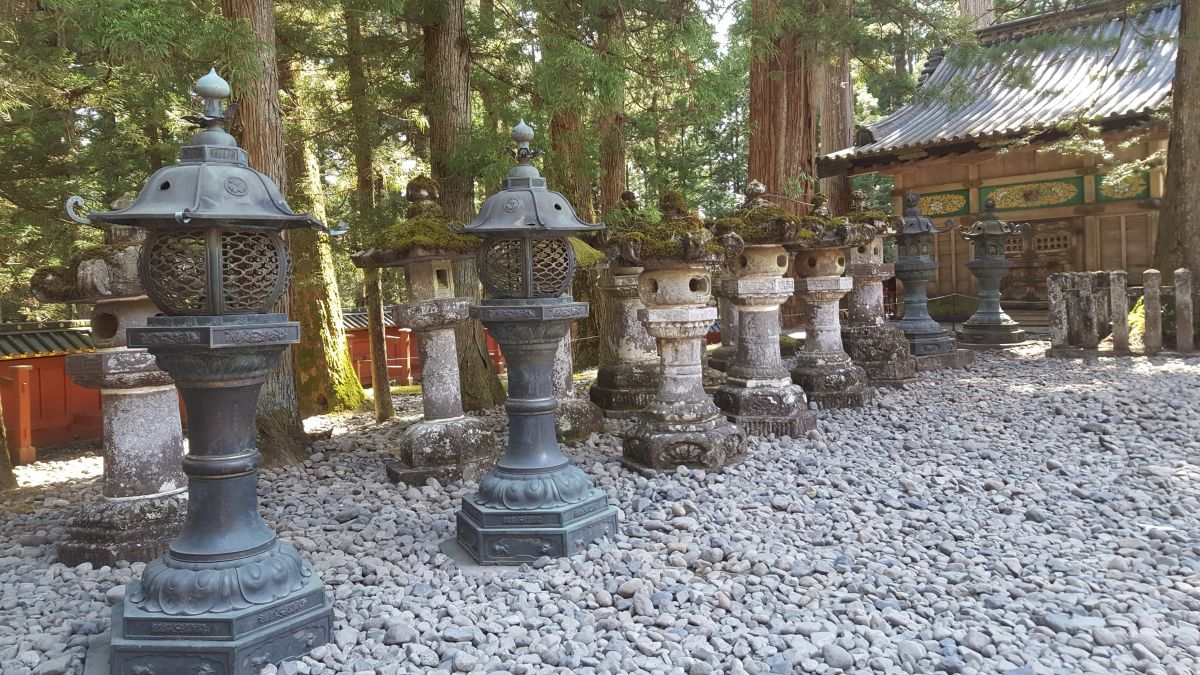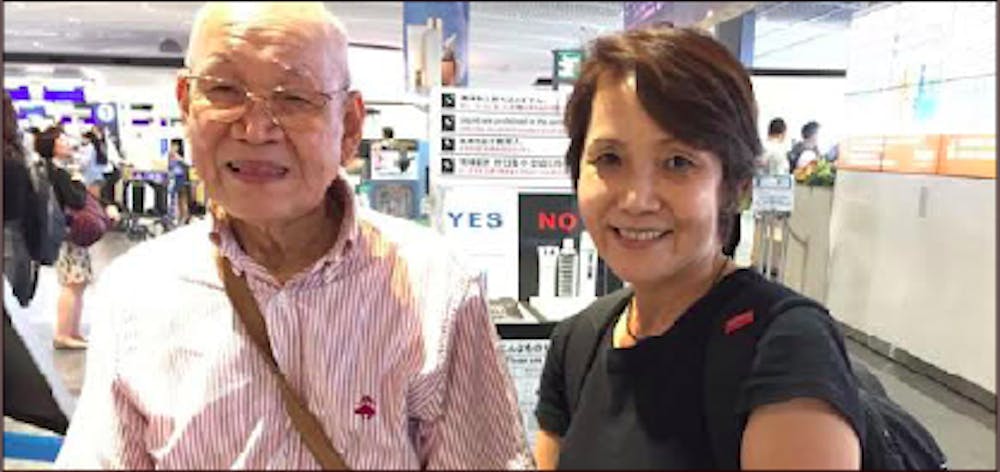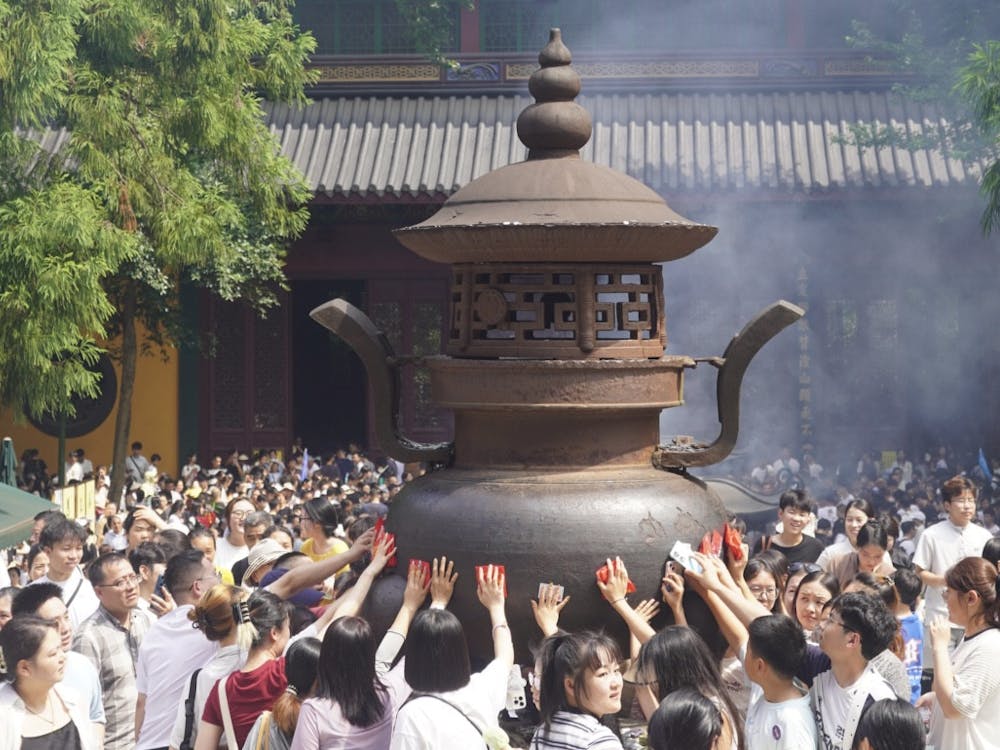When I was 11 I met my grandparents for only the third time. I had vague memories of them from my toddlerhood. Here was a grandfather with a crooked smile, a grandmother who really liked floral print, but I was keenly aware, even back then, that I didn’t actually know anything about either of them. But now was my chance. I could finally know them as more than photographs and the occasional anecdote from my mother’s childhood.
My mother on the plane ride over had coached me, getting me to repeat again and again the words to appropriately greet them. They felt heavy in my mouth, their foreignness giving them an almost chewy texture that caught against my teeth and garbled every sentiment I was trying to express. Stewards looked down as they passed by, smiling at my attempts, the badges on their lapels indicating that every single one was bilingual.
And then the moment came and, bowing, I greeted them. They smiled and did the same back to me. And that was the end of what we could say to each other.
Of course, my mother filtered some things for me, passing along a compliment about my hair or a remark on how tall I was getting. I realized on that car ride from the airport, staring at my mother’s animated gesturing as she spoke to her parents in person for the first time in over three years, that this silence was something I would have to get used to.
We had just moved to Japan. And I had come into it with the expectation that it would be like finding the other half of myself, that I would finally learn what it meant to be half-Japanese. However, I don’t look Japanese, I don’t speak the language, and though I may hold a passport to this country, I did not belong there. My identity was about to become “foreigner,” and at the time I couldn’t help but hear that as “outsider.”
Though we’d moved in the middle of summer, my first day of school occurred about three months into the Japanese school year. My hair was cut to fit school regulations; I was stuffed into a bright blue uniform, and I had gotten new black shoes to match everyone else. Yet, the dress code didn’t help me feel like less of an anomaly. Instead, with all other variables controlled for, it was even easier to notice the differences between me and the rest of my classmates.
Each day was an opportunity to screw up a little nuance of culture, and each day I learned to talk less and to ask fewer questions, to simply be less of a presence so as not to inconvenience the few people who spoke English. I was the only monolingual kid in my class.
I have lived in other places since Japan, other countries where English was not the primary language and where I wasn’t able to talk to everyone I passed by on the street. But, by far, Japan was the most difficult to adapt to. Maybe it was my age, maybe it was the people I was around, but most likely it was the fact that, going in to the experience I had truly believed I was going to belong there.
Being half-Japanese wasn’t something I could connect to in America; It wasn’t something that was noticeable beyond the occasional confusion about why my mother and I looked nothing alike. So going to Japan I truly hoped that I would come to understand a bit what it meant to be Japanese, that I could grab a hold of my heritage as central pillar of my identity.

And although I know many Japanese-Americans who had very different experiences living in Japan, my story isn’t a particularly heartening story about how I gradually learned Japanese or made do with speaking amalgamations of the two languages, developing beautiful friendships that would last for the rest of my life. To this day, I haven’t had a real conversation with my grandparents.
Living in Japan was not what I expected. And although I have come to understand that I will never be Japanese in the way that my mother or grandparents are, I am still proud of my two passports.





